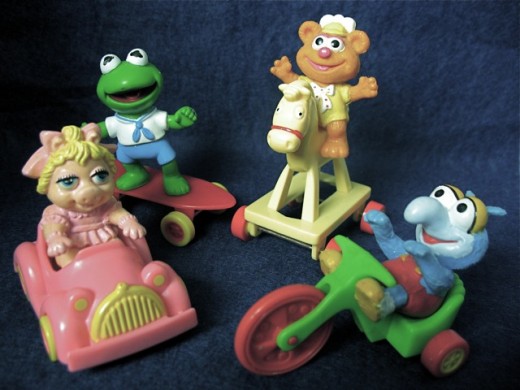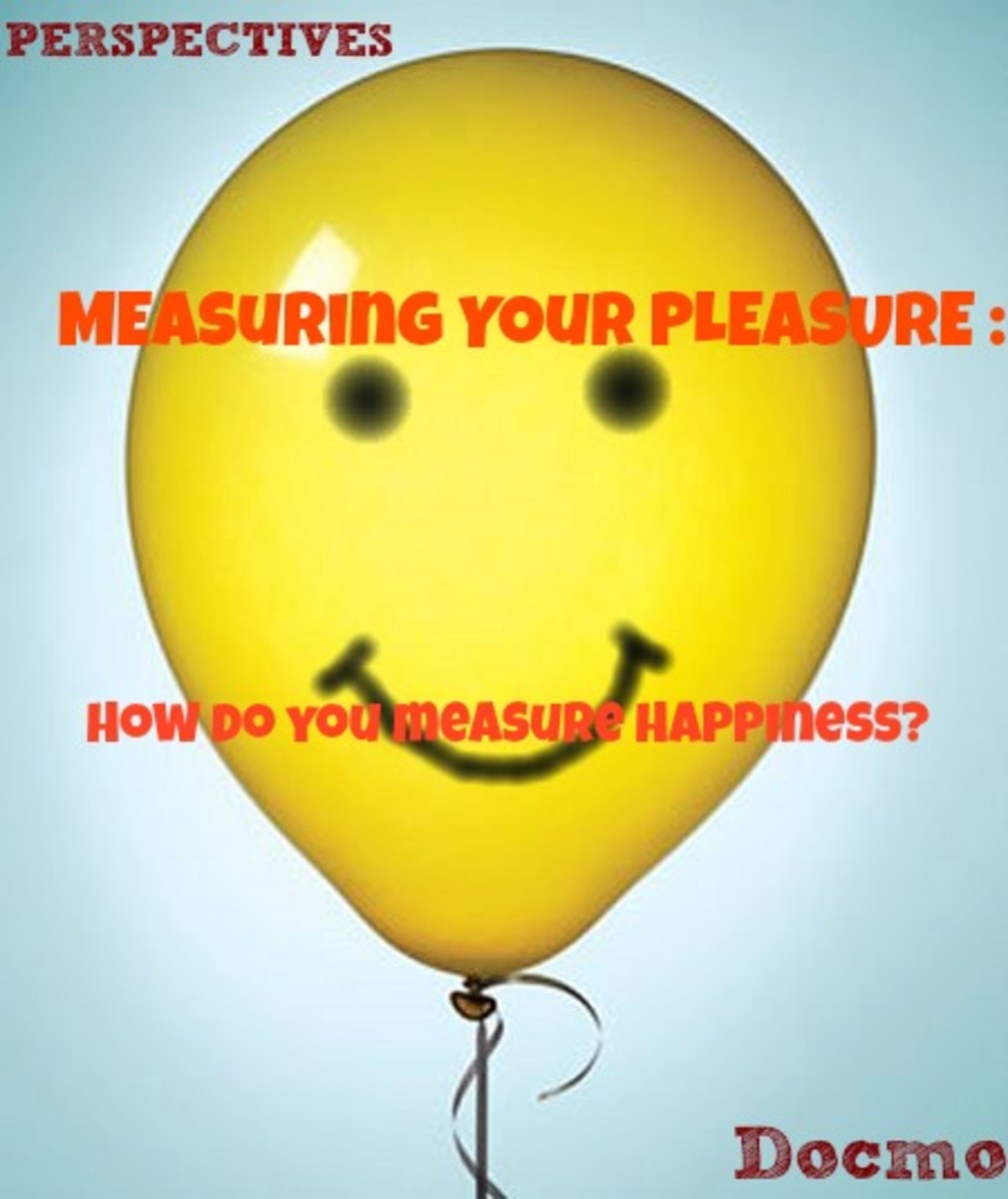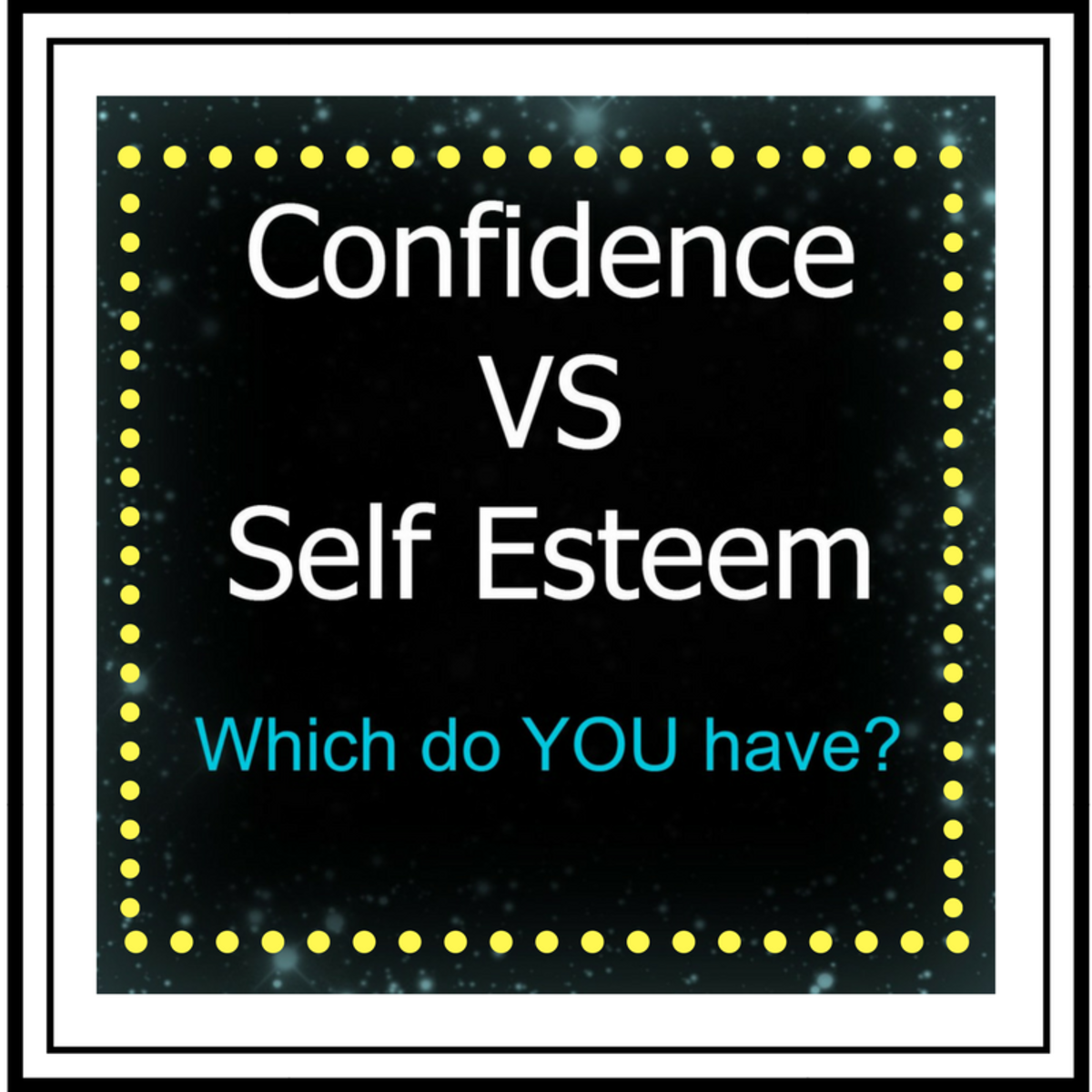Positive Psychology and Children
Positive Psychology and Children

Positive Psychology and the Well Being of Children
Positive Psychology Can Reduce Symptoms of Depression in Kids
An excellent tool to help kids develop better self esteem, more resilience, and greater inner happiness is to apply the theory of positive psychology to children.
Schools are starting to implement programs to teach parents,educators,and students how positive psychology can help kids deal better with, anxiety, depression and other psychological issues. This is showing to be an effective approach to kids and positive psychology.
It is called The Penn Resiliency Program and run at the Univ. of Pennsylvania Positive Psychology Center. 17 studies, using 2,500 middle school students have shown to reduce symptoms of depression for at least a year after the program of positive psychology and children ended for the students.
Parents Are Role Models and Need to Set a Good Example for Their KIds
Much effort is given to the self talk - the messages that are playing inside the children’s heads. There is a strong association between what we think and our feelings and behaviors.
Negative self talk breeds negative situations, which reinforce negative feelings and more negative self talk. It goes something like this: A child fails a test. Then they feel inadequate in that subject, feel discouraged about themselves, and then feel sad and hopeless about other things they can’t do. The negative thinking fuels more feelings and they give up trying. Feelings of inadequacy are fueled unchallenged.
Programs like this attempt to interrupt the “normal” course of action they are taking. Positive psychology helps parents and kids question this negative self talk and look at their disappointments from different perspectives.
Teaching a child that they could have failed the test because they are not good at that particular subject, but they are good at other things. Maybe they were tired or didn’t feel up to themselves the day they took the test. The idea is, that we all have faulty thinking which leads to generalizations about ourselves.
When we help kids to be aware of these irrational thought patterns, adults in the children’s lives, can help them come up with alternative ways to handle the reactions and feelings that are a result of an unsatisfying outcome or disappointment. Positive psychology and children work to help them realize their own strengths.
Since parents are such an important role model, it is important for the adults involved to model these same actions. Kids are more likely to imitate what their parents do, than even what parents say. It is vital for parents to set the best example. It is also important for parents to appreciate their children’s strengths.
Help Kids Focus on Their Strengths
Positive Psychology instills prevention. Optimism, resilience, and hope help people hande pain, adversity, and discomfort. By promoting these qualities, a new perspective can be developed, and thinking can be different, which will more positively influence behavior and one’s actions and reactions.
By helping children focus on their strengths, the chances increase that they will be better equipped to handle the difficulties that invariably happen in the course of life.
Resilient Kids are Better Prepared
As parents, we play a very important role in molding our children and shaping the view they have of themselves.
Tips to help a parent create a positive self image in their chidren:
- take the time to listen to your children
- empathize with them - providing comfort leads to trust and healthy bonding
- help them to think about ways to solve issues
- help your child to feel supported by you
- accentuate their positives, unique qualities, and creativeness - what they do well
- empower your kids with encouragement - a can do attitude goes very far
- help them to try things outside their comfort zone - persuade them to do something they may be hesitating to do like trying out for a sport, doing something they have never done before, saying hello if they are shy
- set them up for success so they can feel good about themselves - build their self confidence
- do not compare your children to anyone else - let them be who they are on their own merits
- give your child the courage to fail - you will give them the ability to grow from the challenges and help them deal with their feelings of disappointment
- love your child unconditionally
- remember - if they are successful, you the parent, are successful
- be a good role model - admit to your own mistakes, appreciate the moment, take risks,show your child how you grow from your experiences
- provide a good environment for your child to grow in their own way with your guidance
- help your children expand their potential
Resiliency and Children
Resilient children will know greater successes, and get beyond their setbacks more readily than those children. Positive psychology fosters the ideas that we and our children are inherently optimistic and hopeful.
Through these qualities, we can nuture our children’s self esteem, and help them battle back against disappointments, failures, and challenges that will invariably beset them at points in their lifetime.
Positive psychology and children is proactive and preventative. Putting this theory into practice and integrating it as part of your family, will provide tremendously satisfying and gratifying moments that will make your children stronger, better human beings.








